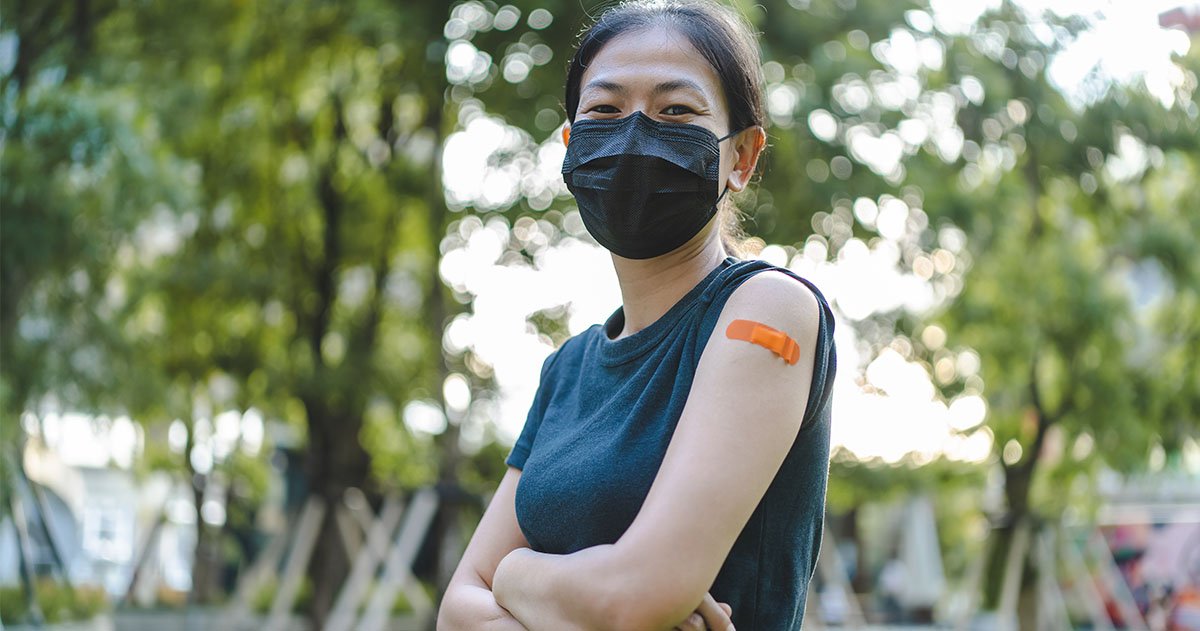Imagine you’re a community nurse and the woman you are treating asks if she can still have a healthy pregnancy in the future if she gets a COVID vaccine. Lenora McWilliams, Ph.D., M.S., R.N. and her team developed a curriculum to teach nursing students how to respond to individuals who are not vaccine confident.
McWilliams has worked in community health, as a school nurse and now is a professor in the UH College of Nursing. There, she trains her students to answer any questions that their clients (McWilliams does not refer to them as “patients” because she is a community health provider) may have about vaccinations.
McWilliams is a proponent of research and teamwork. She divides her nursing students into teams of three, and they build their knowledge by researching the most common misconceptions about vaccines. Vaccines are a controversial subject for some. There’s a lot of information about vaccines in the media, not all of it is true. According to the CDC, misinformation is sharing false information, but the intent is not to mislead others. Disinformation is sharing false information with malicious intent.
“We are myth busters, in a sense,” said McWilliams. The student teams are assigned to develop posters debunking myths like those that claim vaccines cause autism, cause infertility or carry a microchip.
To develop communication skills, the teams research different aspects of vaccine hesitancy. Each student becomes an expert in a key area, and then the three students practice together using role play until the team is confident in all three areas of mis/disinformation.
This next step involves a mock simulation that exposes students to several different scenarios. An actor or standardized client is given the questions they are supposed to ask the nursing students. “When you go into a simulation, you don’t know what piece of mis/disinformation you’ll have to respond to,” said McWilliams.
The language the students use during this role play is meant to explain the truth in a simple, straightforward way. They always give resources to the client, as well. Weblinks to the CDC, pharmacy websites and the AARP all have great information about the safety and necessity of vaccinations.
“You need to think on your feet as a nurse,” said McWilliams. The nursing students also learn and work together on initiatives with other colleges within the University including the Tilman J. Fertitta Family College of Medicine, the College of Pharmacy, the Graduate College of Social Work and the College of Optometry. But their posters and one-on-one consultations will help Houston-area clients learn more about their option to be vaccinated and become vaccine confident.
Image: Getty Images/ iStock / Kannika Paison
